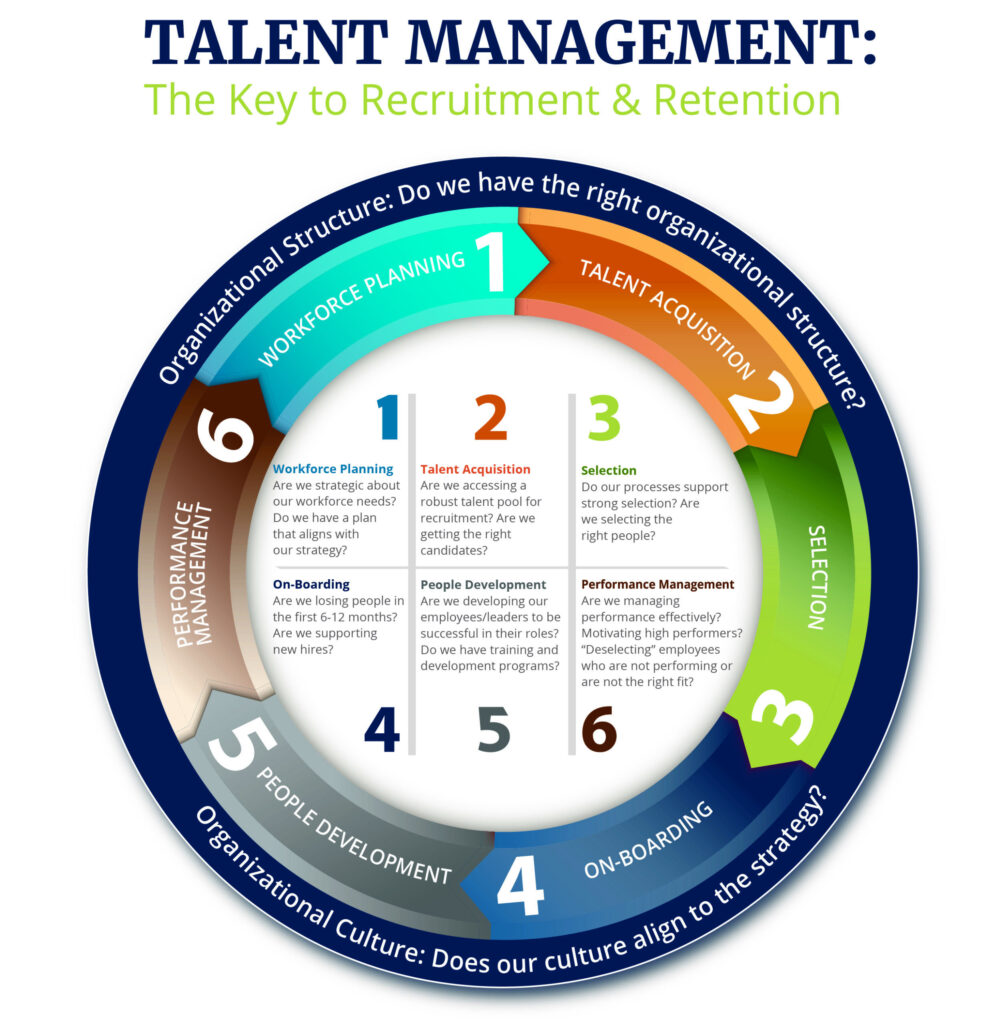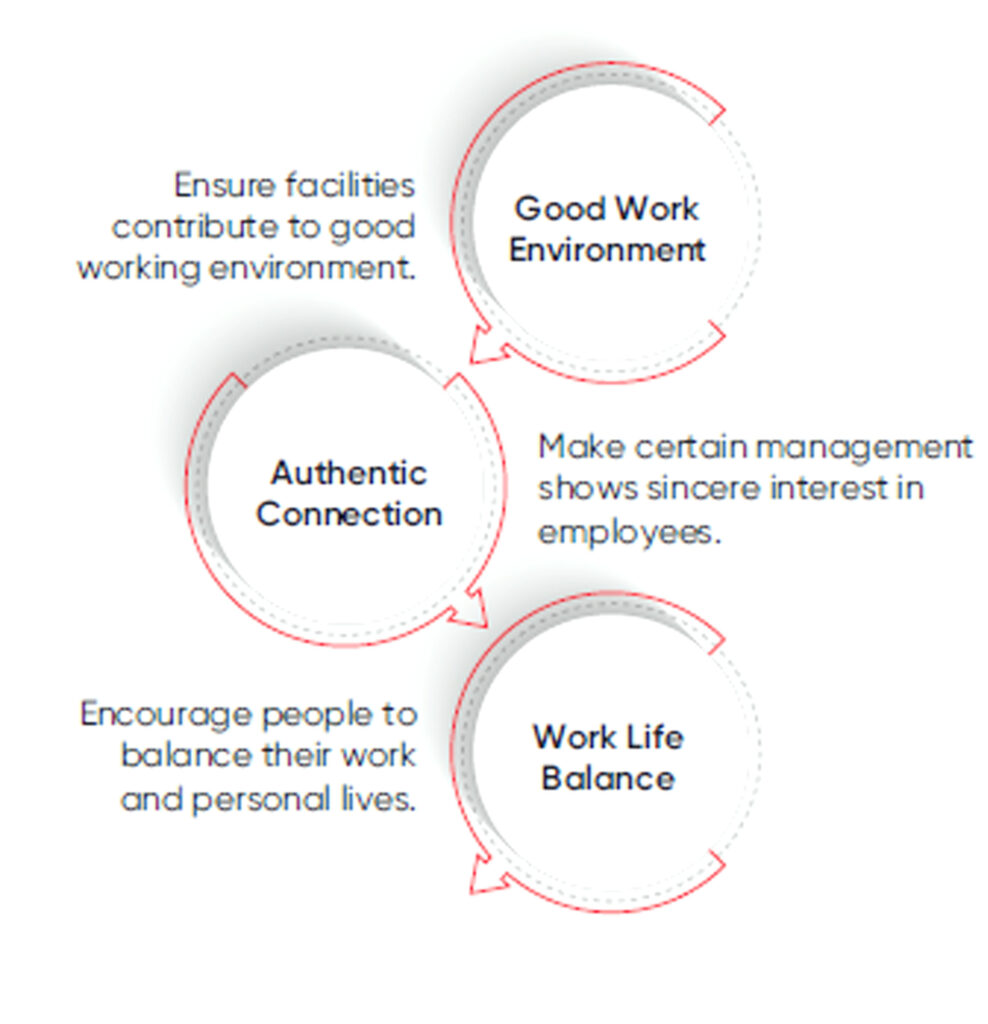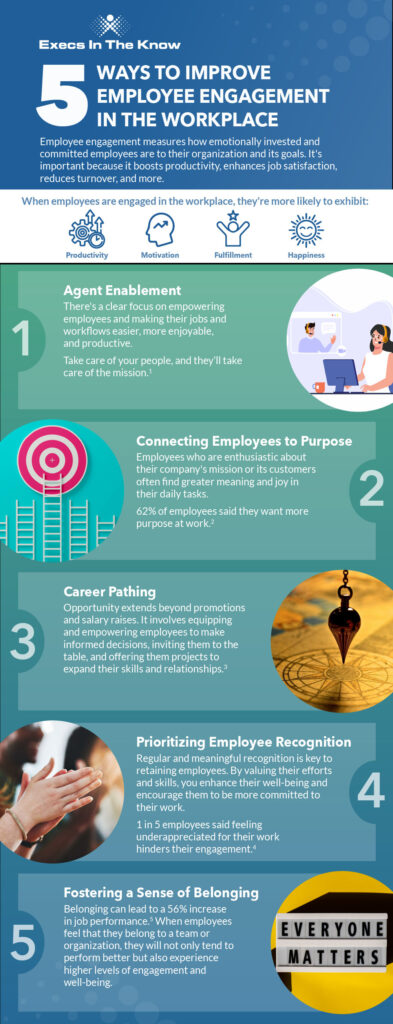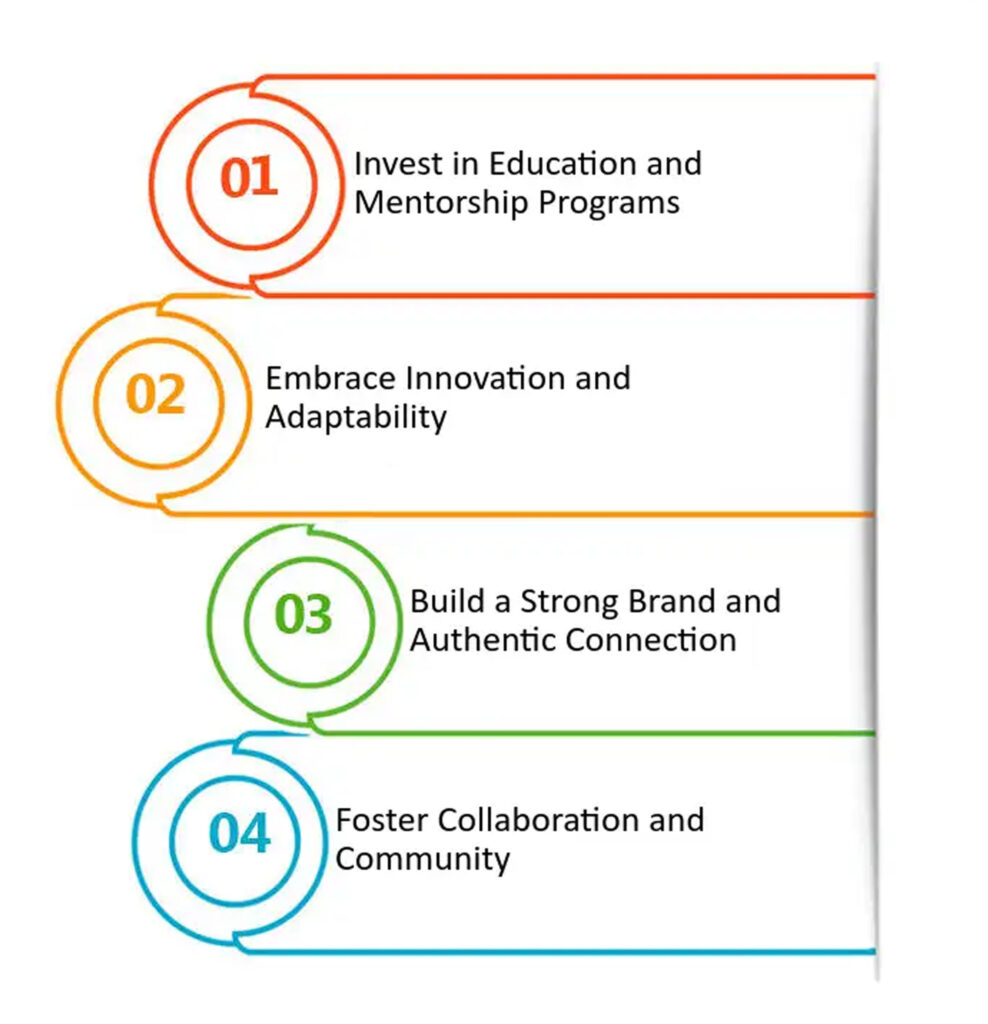Course Overview
Talent is all around us, from the awe-inspiring performances on television to the untapped potential within our workplaces. Talent shows with celebrity judges may celebrate individuals as “the next big thing,” but in the corporate world, nurturing talent is not about winning competitions – it’s about building a resilient and skilled workforce that can drive a company toward its goals.
In today’s competitive business landscape, talent management plays a crucial role in helping organizations reach new heights. Having the right mix of skills within a team can make a real difference. HR departments are the architects behind this success, as they lead the charge in scouting, retaining, and developing employees. A successful talent management strategy can be transformative, taking a company from merely functioning to truly thriving.


Why Talent Management Matters
A strategic approach to talent management helps organizations by not only attracting the right talent but also continuously developing it. When employees feel valued and see a clear path for growth, they are more likely to stay engaged and committed. As a result, businesses experience reduced turnover, higher morale, and stronger overall performance.
Furthermore, today’s business world is evolving rapidly, and with that comes the need for skills that can adapt to change. By focusing on talent management, companies can ensure they are nurturing the skills required for the future, not just the present. A robust talent management strategy aligns individual goals with organizational objectives, fostering a sense of shared purpose and motivation among employees.
What’s Covered in This Course
This course provides an in-depth understanding of talent management’s fundamentals and advanced aspects. Here’s a closer look at the key topics:
1. What Talent Management Entails
This section introduces the foundational principles of talent management, defining it as a continuous process beyond recruitment and retention. You’ll learn about the various components, such as workforce planning, succession planning, employee engagement, and performance management. By the end of this module, you’ll understand how these elements connect to create a cohesive talent strategy that benefits both employees and the organization.
2. Business Benefits of Managing Talent
Here, we delve into the tangible benefits of a solid talent management strategy. You’ll explore how effective talent management can boost productivity, improve employee satisfaction, and reduce recruitment costs. We’ll also cover how a strong talent pool can lead to innovation and enhance the company’s reputation. This module emphasizes the value of an engaged workforce and provides examples of businesses that have thrived by prioritizing talent management.
3. Developing a Winning Talent-Management Strategy
The course offers a practical guide to building and implementing a talent management strategy tailored to your organization. You’ll learn how to assess current skills, identify gaps, and create actionable steps to meet your company’s needs. This section includes real-world scenarios, from designing development programs to aligning talent goals with business objectives. By the end, you’ll have the tools to create a strategy that not only enhances individual performance but also drives organizational growth.
4. Best Practices and Case Studies
Gain insight into proven methods and successful case studies from companies across industries. These examples highlight how leading organizations tackle talent challenges, adapt to workforce shifts, and foster a culture that attracts top talent. This module provides a chance to see talent management in action, offering inspiration and practical ideas you can apply to your own strategy.
5. Future Trends in Talent Management
This section explores emerging trends in talent management, such as the role of artificial intelligence in hiring, the importance of data-driven insights, and the increasing focus on diversity, equity, and inclusion. Understanding these trends will help you future-proof your talent management strategy, ensuring it remains relevant in a rapidly changing world.


Why Your Teams Need This Course
A successful talent management strategy is essential for any business aiming to achieve long-term growth and success. Here’s why your HR team – and ultimately your entire organization – will benefit from this course:
Improved Recruitment and Retention
In competitive industries, finding and retaining top talent is a constant challenge. A structured talent management approach can help attract high-caliber individuals and, just as importantly, encourage them to stay. With the right strategy, you can build a workplace culture that employees want to be a part of, reducing turnover rates and creating a stable, engaged workforce.
Enhanced Skill Development
Talent management isn’t just about hiring; it’s about helping employees grow. This course will show you how to create development programs that build essential skills, preparing employees for future challenges and making your organization more agile and adaptable. An investment in your team’s skills pays off by improving performance, increasing engagement, and ensuring your workforce is prepared for industry changes.
Greater Employee Engagement
Engaged employees are more productive and innovative, driving company success. Talent management creates a structure for recognizing achievements, providing feedback, and aligning individual goals with the company’s vision. By fostering a culture of support and development, your HR team can help employees feel more valued and motivated, leading to higher job satisfaction and performance.
A Strategic Approach to Growth
A clear talent management strategy aligns with the broader goals of the organization, creating a roadmap for growth. By identifying skill gaps and focusing on succession planning, your company can ensure it has the right people in the right roles at the right time. This proactive approach mitigates risks and allows the organization to respond quickly to changing demands.
Building a Culture of Continuous Improvement
In a high-performing organization, talent management is an ongoing process. This course will equip your team to embed a culture of continuous learning and improvement, where employees are encouraged to expand their skills and pursue new opportunities. As your workforce grows and evolves, so too will the capabilities of your organization, creating a positive feedback loop that fuels innovation and success.
Who Should Take This Course
This course is ideal for HR professionals, managers, team leaders, and anyone involved in workforce planning, talent acquisition, or employee development. Whether you’re a seasoned HR practitioner or new to the field, the course offers practical insights and tools that can help you enhance your approach to talent management. Additionally, senior leaders and executives will benefit from understanding how a strong talent strategy impacts overall business performance, empowering them to support HR initiatives effectively.
Course Outcomes
By the end of this course, you’ll gain:
- A comprehensive understanding of talent management principles and practices.
- The skills to create, implement, and refine a talent management strategy aligned with your organization’s goals.
- Practical knowledge of recruitment, retention, development, and engagement techniques.
- The ability to use data and analytics to improve decision-making in talent management.
- Insights into emerging trends, preparing you to adapt to future challenges in the workforce.


Conclusion
Talent management isn’t a one-time project; it’s a vital, ongoing component of a successful organization. Through this course, your HR team will be equipped to design and execute a talent management strategy that not only improves the skills and engagement of employees but also drives business success. In a world where talent is a top competitive advantage, a strategic approach to managing and developing your workforce is more crucial than ever. Get ready to lead your organization into the future by maximizing the potential of your greatest asset: your people.
Talent Development’s LMS provides a versatile platform with user-friendly features that support course creation, assessments, and reporting, making it an essential tool for organizations aiming to implement a strong talent management strategy. With its scalability and flexibility, the LMS is suitable for organizations of all sizes and adapts seamlessly to evolving requirements. Many companies using Talent Development’s LMS report higher employee satisfaction and improved training efficiency, as the platform enhances the learning experience and optimizes training processes. Talent Development offers tailored solutions, including Talent Development Software, LMS for colleges, LMS for schools, LMS for corporations, and LMS for businesses, ensuring organizations have the right tools to cultivate a culture of continuous learning and professional development.

